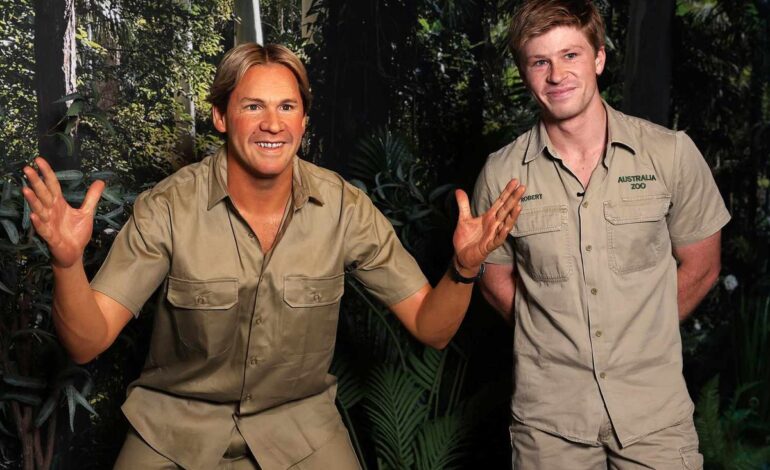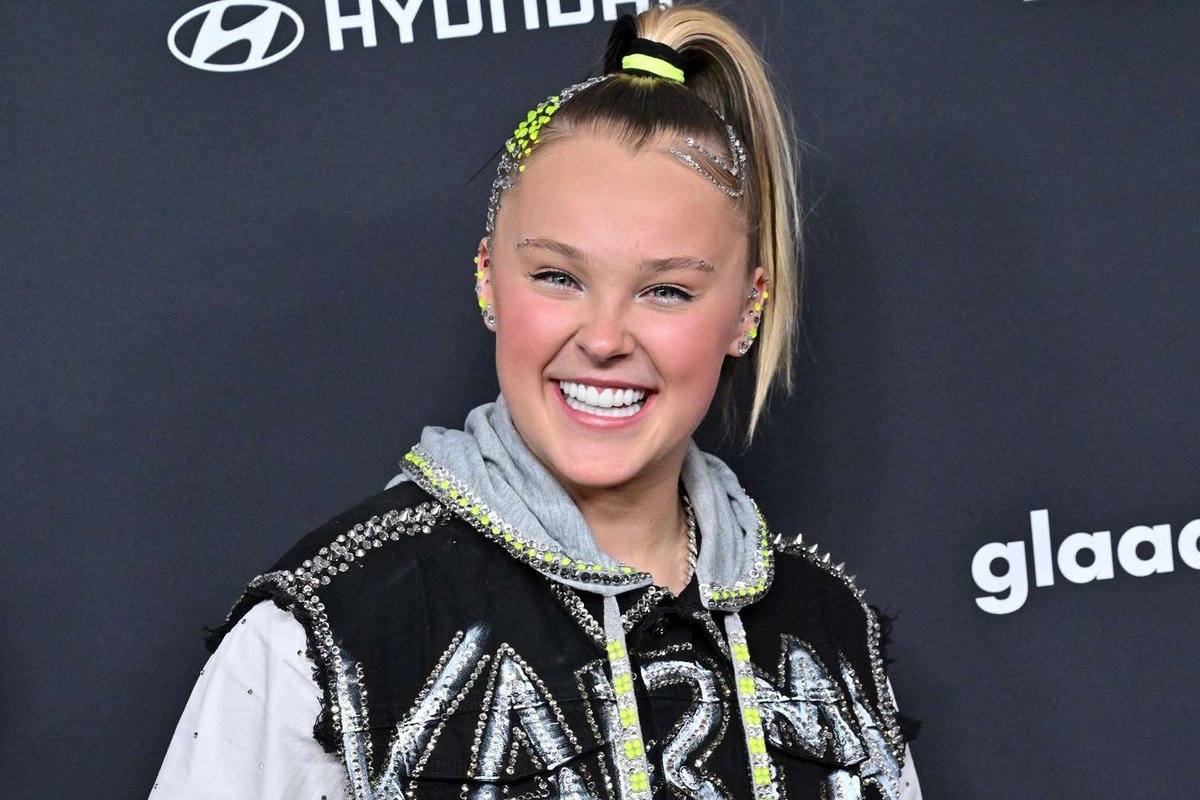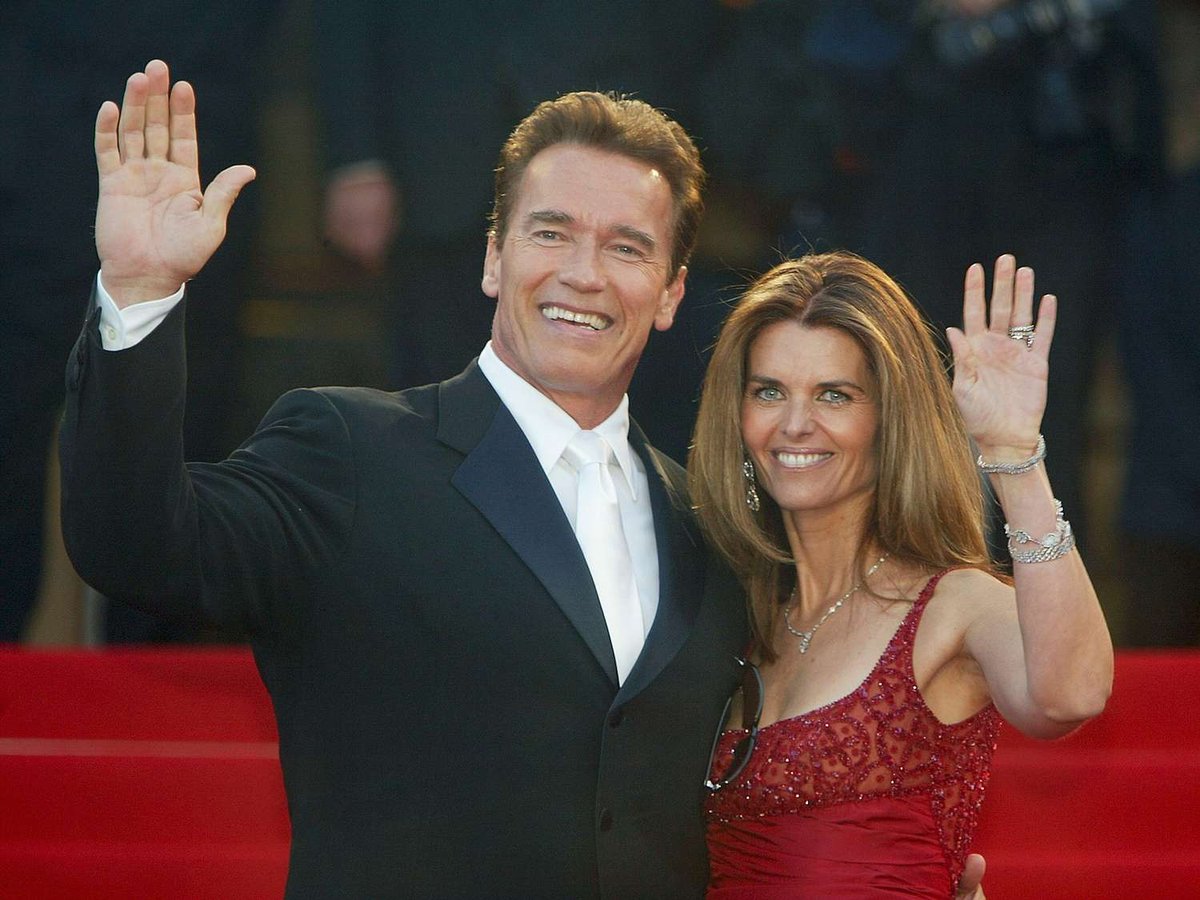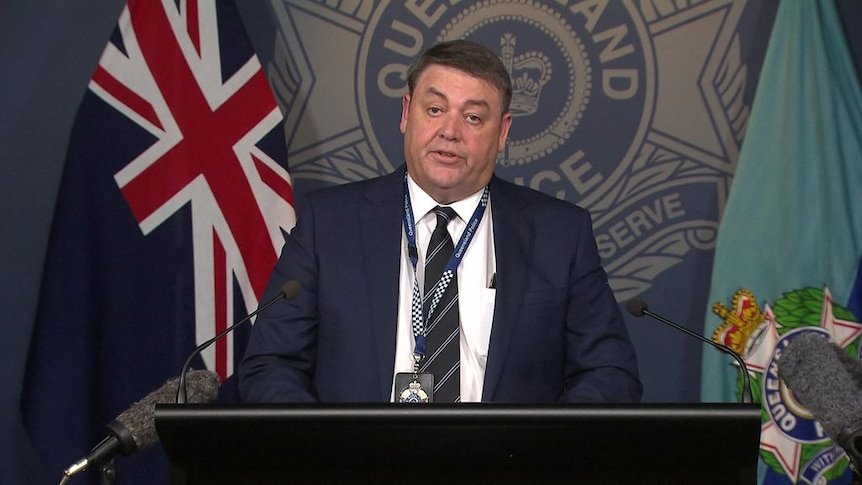Robert Irwin’s Calm Rebuttal to Gorilla vs. 100 Men Debate Sparks Internet Cheers

Brace yourselves; here comes another Internet brainteaser: would 100 burly dudes really have a shot at taking down an adult gorilla? As if social media needed more backyard warrior posturing, this hypothetical slugfest took off on Twitter, Reddit, and anywhere else keyboard tough guys hang out. Enter Robert Irwin, wildlife conservationist and son of the legendary “Crocodile Hunter,” who saw right through the macho nonsense and delivered a response so grounded it broke the echo chamber.
When the gorilla-versus-men chatter hit a peak, Irwin didn’t whip out flashy stats or flex his family legacy. Instead, he tapped Instagram to remind followers that these magnificent primates are not punching bags—they’re endangered animals with complex lives and social bonds. Citing decades of research by the Dian Fossey Gorilla Fund, Irwin lamented that this kind of question only fuels misunderstanding about wildlife behavior. Within hours, outlets from BuzzFeed to People Magazine highlighted his message, praising him for swapping macho posturing for real talk on conservation (BuzzFeed, People).
The Internet was quick to hail Irwin’s “compassionate” stance. A flurry of tweets applauded him for steering the convo away from hypothetical violence and toward habitat protection. One user pointed out that gorillas share 98% of their DNA with humans, a reminder Irwin echoed when he emphasized empathy over aggression. Another fan posted a clip from Irwin’s recent TV special, where he peered lovingly into a gorilla’s eyes and spoke about preserving forest homes, not planning imaginary brawls.
Critics of the gorilla-vs-men scenario hailed Irwin for refusing to stoke macho bravado. His point was simple: debating whether a human mob could murder a wild animal—let alone an endangered species with dwindling numbers—is both callous and pointless. Conservation experts agree: framing wildlife as opponents to be conquered misdirects attention from poaching, habitat loss, and climate change, all far more real threats. National Geographic chimed in, noting that sensational hypotheticals like this distract from actionable steps people can take—such as supporting protected areas in Central Africa or donating to reputable charities (National Geographic).
Of course, social media didn’t entirely drop the carnage fantasy, but Irwin’s calm, fact-based response put the topic in perspective. Instead of indulging Internet tough talk, he chose education: sharing links to World Wildlife Fund reports, urging followers to visit responsible sanctuaries, and even teasing a new docuseries focused on gorilla family dynamics later this year. The attention he’s garnered promises more visibility for urgent conservation work—finally, some real-world impact amid the noise.
And that’s today’s dose of reality. You’re welcome.
Sources: Celebrity Storm and BuzzFeed, People Magazine, Dian Fossey Gorilla Fund, National Geographic, Twitter
Attribution: Creative Commons Licensed




